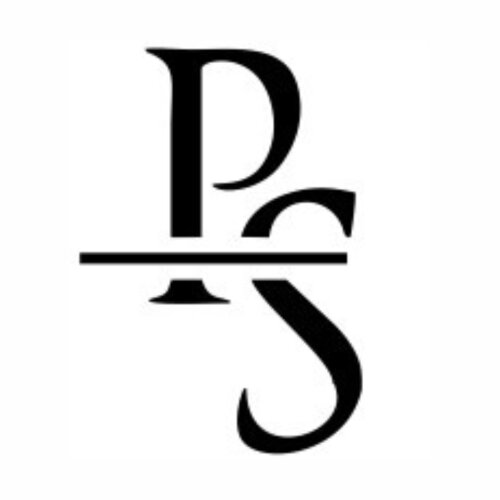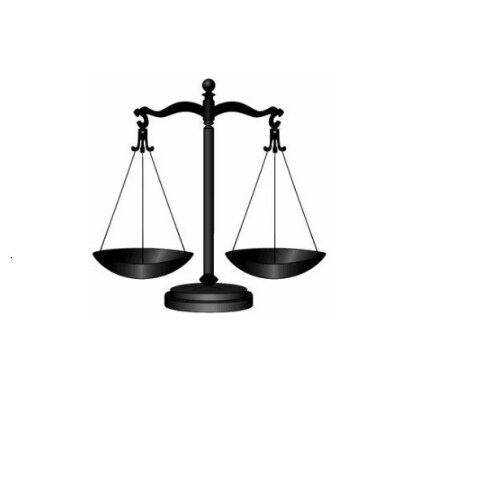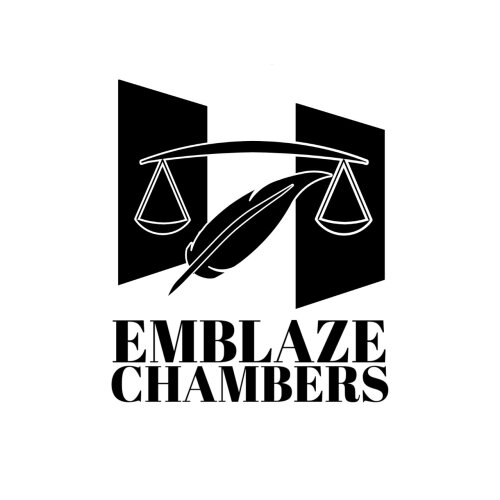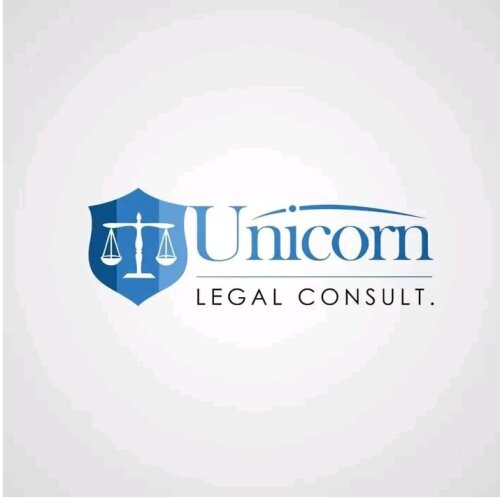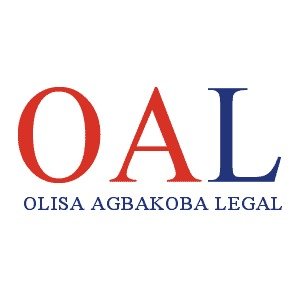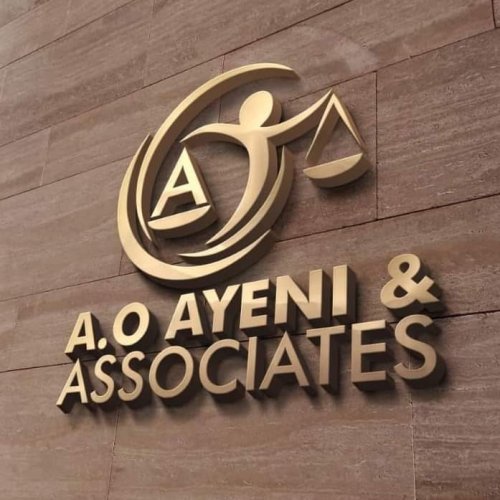Best Civil & Human Rights Lawyers in Abuja
Share your needs with us, get contacted by law firms.
Free. Takes 2 min.
List of the best lawyers in Abuja, Nigeria
About Civil & Human Rights Law in Abuja, Nigeria
Civil and Human Rights Law in Abuja, Nigeria, is designed to protect and promote the fundamental rights and freedoms guaranteed to individuals. These rights are grounded in the Nigerian Constitution and international human rights treaties to which Nigeria is a party. In Abuja, as the nation's capital, there is a strong focus on ensuring that civil liberties such as freedom of speech, assembly, and religion, as well as rights to privacy, equality, and due process, are upheld. The city hosts a variety of government institutions, non-governmental organizations, and advocacy groups dedicated to advancing these rights.
Why You May Need a Lawyer
Individuals may find themselves seeking legal assistance in the field of Civil & Human Rights for several reasons. Common situations include experiencing discrimination, unlawful detention, violations of privacy, or infringement of freedom of expression. Additionally, individuals facing issues with labor rights, unlawful eviction, or seeking asylum might require legal support. Lawyers specializing in this field can help navigate complex legal landscapes, provide representation in court, and ensure that their clients' rights are upheld and protected under Nigerian and international law.
Local Laws Overview
Abuja, as part of Nigeria, adheres to local and national laws that impact Civil & Human Rights. The Nigerian Constitution is the primary document guaranteeing civil rights, including the right to dignity, personal freedom, and fair hearing. Nigeria is also a signatory to major international human rights treaties, like the African Charter on Human and Peoples' Rights and the International Covenant on Civil and Political Rights. In Abuja, there is particular attention on the enforcement of laws related to freedom of information, protection against discrimination, and the right to peaceful assembly.
Frequently Asked Questions
What are my basic human rights in Abuja?
Basic human rights in Abuja include the right to life, dignity, personal liberty, freedom of speech, assembly, and religion, as stipulated in the Nigerian Constitution.
Can I take legal action if my civil rights are violated?
Yes, you can take legal action. It is advisable to consult with a lawyer who specializes in civil rights to explore your legal options and potential remedies.
How do I know if my rights have been violated?
Common signs of rights violations include unlawful detention, discrimination, denial of freedom of expression, and inhumane treatment. Legal professionals can provide clarity on whether a violation has occurred.
What legal protections exist against discrimination?
The Nigerian Constitution and various laws protect individuals from discrimination based on ethnicity, gender, religion, or other status. Legal precedents in Abuja also further these protections.
Are there specific laws protecting women's rights in Abuja?
Yes, the Violence Against Persons Prohibition Act and other legal frameworks support the protection of women's rights and provide mechanisms to address violations.
What can I do if I encounter police brutality?
It is important to document the incident, seek medical attention if necessary, and consult with a human rights lawyer to file a formal complaint and pursue legal action.
How does the judicial process work in civil rights cases in Abuja?
The process typically involves filing a petition in court, presenting evidence, and having a judge adjudicate the matter. Legal counsel is crucial throughout this process to ensure proper representation.
Are there organizations that can help with human rights issues?
Yes, organizations like the National Human Rights Commission and various NGOs in Abuja provide support and advocacy for individuals facing rights violations.
What are my rights to freedom of expression in Abuja?
The right to freedom of expression is guaranteed by the Constitution, enabling individuals to express opinions without censorship, although certain restrictions apply to ensure public order.
How can I file a complaint if my rights are violated?
Complaints can be filed through legal channels such as police reports, court petitions, or through human rights organizations. Legal advice can guide you on the best approach.
Additional Resources
There are several helpful resources for those seeking assistance with civil and human rights issues in Abuja. The National Human Rights Commission is a governmental body that addresses rights violations, offering support and advice. Non-governmental organizations like Amnesty International Nigeria and the CLEEN Foundation provide advocacy and resources to individuals facing rights challenges. Community groups and legal aid clinics also offer assistance and representation for those in need.
Next Steps
If you need legal assistance in the field of Civil & Human Rights, it is advisable to begin by consulting with a qualified lawyer who specializes in this area of law. You can find legal professionals through the Nigerian Bar Association's directory or contact local human rights organizations for recommendations. Prepare detailed documentation of your situation, including any evidence of rights violations, and discuss your case with legal counsel to understand your options and the possible outcomes. Remember that prompt legal action can be crucial in effectively addressing and resolving rights-related issues.
Lawzana helps you find the best lawyers and law firms in Abuja through a curated and pre-screened list of qualified legal professionals. Our platform offers rankings and detailed profiles of attorneys and law firms, allowing you to compare based on practice areas, including Civil & Human Rights, experience, and client feedback.
Each profile includes a description of the firm's areas of practice, client reviews, team members and partners, year of establishment, spoken languages, office locations, contact information, social media presence, and any published articles or resources. Most firms on our platform speak English and are experienced in both local and international legal matters.
Get a quote from top-rated law firms in Abuja, Nigeria — quickly, securely, and without unnecessary hassle.
Disclaimer:
The information provided on this page is for general informational purposes only and does not constitute legal advice. While we strive to ensure the accuracy and relevance of the content, legal information may change over time, and interpretations of the law can vary. You should always consult with a qualified legal professional for advice specific to your situation.
We disclaim all liability for actions taken or not taken based on the content of this page. If you believe any information is incorrect or outdated, please contact us, and we will review and update it where appropriate.
Browse civil & human rights law firms by service in Abuja, Nigeria
Abuja, Nigeria Attorneys in related practice areas.



